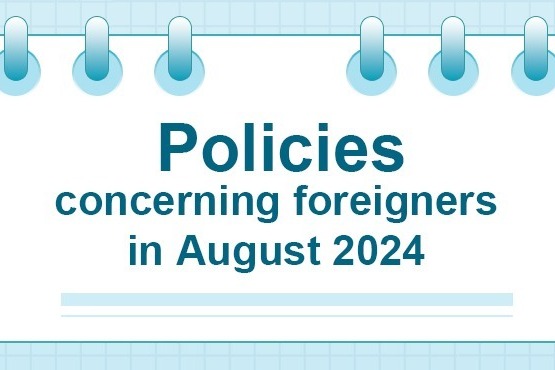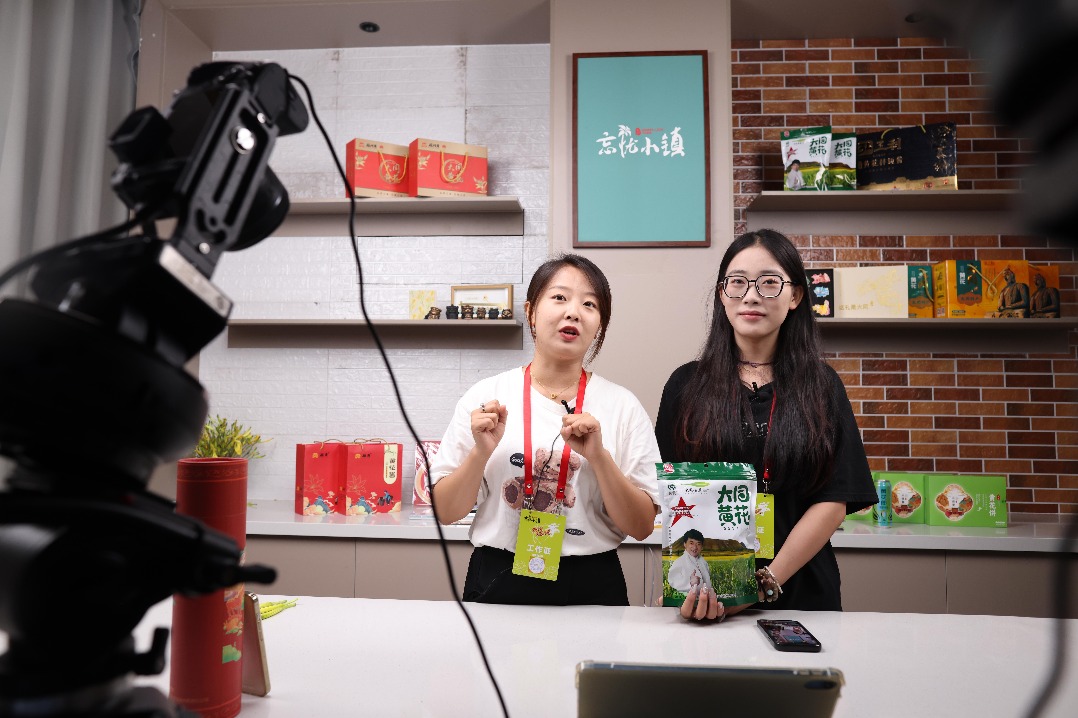Partnership agreement expected to accelerate regional economic growth


The implementation of the Regional Comprehensive Economic Partnership agreement is expected to inject fresh impetus into regional economic growth, and safeguard the security and stability of global industrial and supply chains amid mounting challenges and external uncertainties, according to participants of the RCEP Media & Think Tank Forum on Sunday.
Zhu Guangyao, China's former vice-minister of finance, said the agreement has created a better business environment and an upgraded regional production network, reducing transaction costs and increasing interconnectivity in the RCEP region.
Zhu called for greater efforts to strengthen communication among RCEP member states, to give full play to the role of the bloc in promoting the liberalization and facilitation of investment and trade, and to expand cooperation in trade in services that are critical in the global industrial and value chains.
The implementation of the RCEP is of vital significance in promoting a new round of high-level opening-up, establishing a secure regional supply chain system and maintaining the peace, stability and development of the Asia-Pacific region, said Wang Xiaohong, deputy director of the Department of Information at the China Center for International Economic Exchanges.
"The agreement will bolster the cross-border flow of commodities, services, technology, talent, capital and data resources of the member states, stimulate the market vitality of the region and bolster the in-depth integration of industrial and supply chains among the RCEP economies," Wang said. "It is a highly inclusive, high-quality and win-win multilateral agreement."
More efforts should also be made to expand institutional opening-up in terms of rules, regulations, management and standards, to strengthen international cooperation in the digital economy, to boost the development of digital trade and to fully unleash the benefits of the RCEP, Wang added.
The RCEP agreement, which took effect on Jan 1 last year, covers 15 Asia-Pacific economies: China, Japan, South Korea, Australia, New Zealand and 10 member states of the Association of Southeast Asian Nations. It has created the world's largest free trade bloc by promoting regional economic integration through tariff concessions and other trade and investment liberalization and facilitation measures.
The RCEP region covers a market of 2.2 billion people, or nearly 30 percent of the world's population, with a combined GDP of $26.2 trillion, or about 30 percent of global GDP, accounting for nearly 28 percent of global trade.
Guo Yanjun, director of the Institute of Asian Studies at China Foreign Affairs University, said against the backdrop of trade protectionism from some countries and increasingly fierce competition on the global stage, it is very necessary to establish the world's largest free trade bloc, which has showcased China's firm determination to advance high-level opening-up and promote global development.
Trade among RCEP countries has registered rapid growth. According to the General Administration of Customs, China's imports and exports with the other 14 RCEP countries reached 12.95 trillion yuan ($1.8 trillion) last year, an increase of 7.5 percent year-on-year, accounting for 30.8 percent of its total foreign trade.
Chang Ka Mun, managing director of Li& Fung Development (China), and a senior adviser at Li & Fung Research Centre, highlighted the importance of the RCEP in propelling regional and global economic growth, saying the agreement will be a very important instrument for Asia to integrate the supply chain, and provide opportunities for less-developed countries to accelerate their industrialization.
Chang noted that China has already opened up its service sector to a very large extent in the RCEP region, including in the aviation and consulting management industries.
Xu Ningning, executive president of the China-ASEAN Business Council, chairman of the RCEP Industry Cooperation Committee and chief Chinese expert on China-ASEAN business, said China and ASEAN should make a big push to strengthen industrial cooperation, optimize regional industrial layouts and realize a more effective allocation of resources.




































